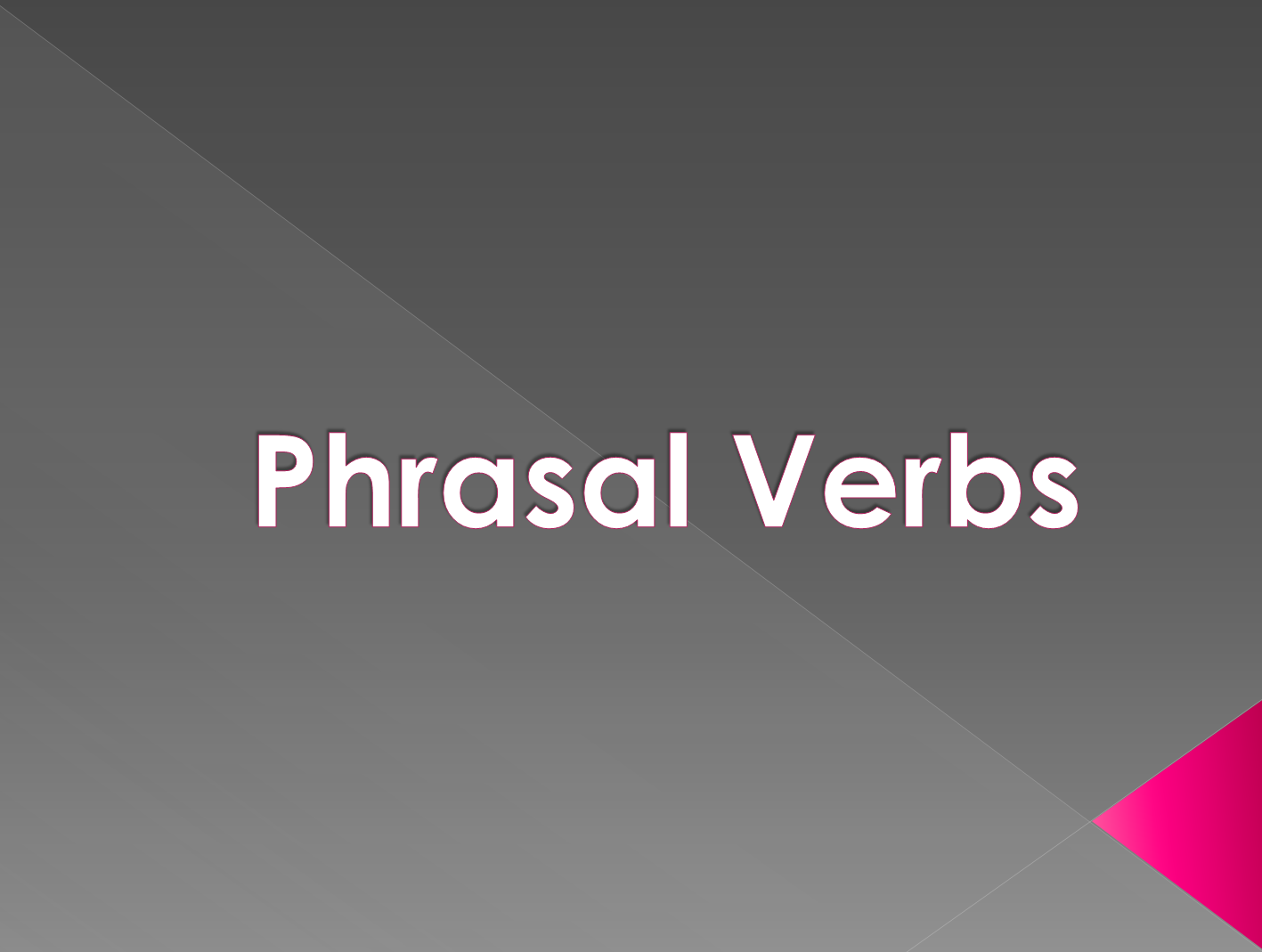
Language is a fascinating and ever-evolving tool that humans use to communicate and express themselves. One of the exciting aspects of language is the rich tapestry of words available to us, including synonyms. Synonyms are words that have similar meanings, allowing us to add variety and depth to our communication.
In this article, we will explore into some basic synonyms, which can help you articulate your thoughts more precisely and enhance your vocabulary.
1. Large – Big:
When describing something substantial in size, you can use “large” or “big.” For instance, “The elephant is large” or “The pizza is big.”
2. Exit – Leave:
Whether you’re talking about leaving a room or a job, you can interchangeably use “exit” and “leave.” “She decided to leave the party early” or “He used the emergency exit.”
3. Alike – Same:
These words convey the idea of similarity or identical nature. “The twins look alike” or “The shoes are the same.”
4. Stone – Rock:
“Stone” and “rock” are often used interchangeably when referring to solid, natural substances. “She picked up a rock from the riverbed” or “The path was lined with stones.”
5. Last – Final:
When you want to describe the end or conclusion of something, you can use “last” or “final.” “This is the final chapter” or “He took the last piece of cake.”
6. Above – Over:
These terms are used to indicate a higher position or level. “The plane flew over the mountains” or “The painting is hanging above the fireplace.”
7. Difficult – Hard:
If you find a task challenging or demanding, you can describe it as “difficult” or “hard.” “Learning a new language can be difficult” or “Solving this puzzle is hard.”
8. Write – Record:
Both words are associated with documenting information. “She likes to write in her journal” or “He wanted to record his thoughts.”
9. Mistake – Error:
When something is done incorrectly or inaccurately, it can be referred to as a “mistake” or an “error.” “I made a mistake in my calculations” or “There is an error in the report.”
10. Occur – Happen:
These words are used to describe events taking place. “The accident occurred on the highway” or “What happened at the meeting?”
11. Eat – Consume:
When it comes to ingesting food or drinks, you can use “eat” or “consume.” “I like to eat fruits” or “You should consume more water.”
12. Trip – Journey:
Both “trip” and “journey” refer to a traveling experience. “Our road trip was unforgettable” or “The journey to the summit was challenging.”
13. Sad – Unhappy:
When expressing a feeling of sorrow or discontent, you can use “sad” or “unhappy.” “She felt sad after hearing the news” or “He’s been unhappy with his job for a while.”
14. Good – Fine:
To describe something as satisfactory or of high quality, you can use “good” or “fine.” “The food at the restaurant is good” or “The weather is fine today.”
15. Job – Occupation:
Both words refer to a person’s employment or profession. “He found a new job” or “Her occupation is in healthcare.”
16. Infant – Baby:
“Infant” and “baby” are often used interchangeably to refer to a very young child. “The infant slept soundly” or “The baby giggled.”
17. Select – Choose:
When you’re making a decision, you can “select” or “choose” from available options. “I’ll select the blue shirt” or “She chose to study engineering.”
18. Accurate – Correct:
To indicate something is free from errors or mistakes, you can use “accurate” or “correct.” “The measurements were accurate” or “Your answer is correct.”
19. Always – Forever:
These words denote a continuous or unending duration. “I’ll always be there for you” or “Our love will last forever.”
20. Connect – Join:
Both words describe the action of linking or bringing things together. “We need to connect the cables” or “She wants to join the club.”
21. Clarify – Explain:
To make something clearer or more understandable, you can “clarify” or “explain” it. “Please clarify your point” or “Can you explain this concept to me?”
22. Awful – Terrible:
When something is extremely unpleasant or of low quality, you can use “awful” or “terrible.” “The weather was awful today” or “The service at the restaurant was terrible.”
23. Disappear – Vanish:
To describe something suddenly going out of sight or ceasing to exist, you can use “disappear” or “vanish.” “The magician made the rabbit disappear” or “The evidence vanished without a trace.”
24. Silent – Quiet:
These words are used to describe a lack of noise or sound. “The library is silent” or “Please be quiet during the presentation.”
Enhancing your vocabulary by understanding basic synonyms like the ones mentioned above can make your communication more nuanced and precise. Synonyms provide a versatile toolkit for expressing yourself effectively in both spoken and written language. So, the next time you want to convey a message or describe something, consider using these synonyms to add depth and variety to your words.
You may also like:- Idioms and Other Expressions Used For Talking About ‘Work’
- What Are Weasel Words?
- Money and Finance – Test Your Knowledge
- Phrasal Verbs, Idioms and Other Expressions Using ‘CUT’
- How to Say Time in English
- Idioms and Other Expressions Used For Talking About Money
- Shopping and Consumerism – Match the Correct Name
- Phrasal Verbs – Choose the Correct Verb
- Currency Markets – Choose The Best Words
- Personal Qualities – Use the Best Nouns and Adjectives








